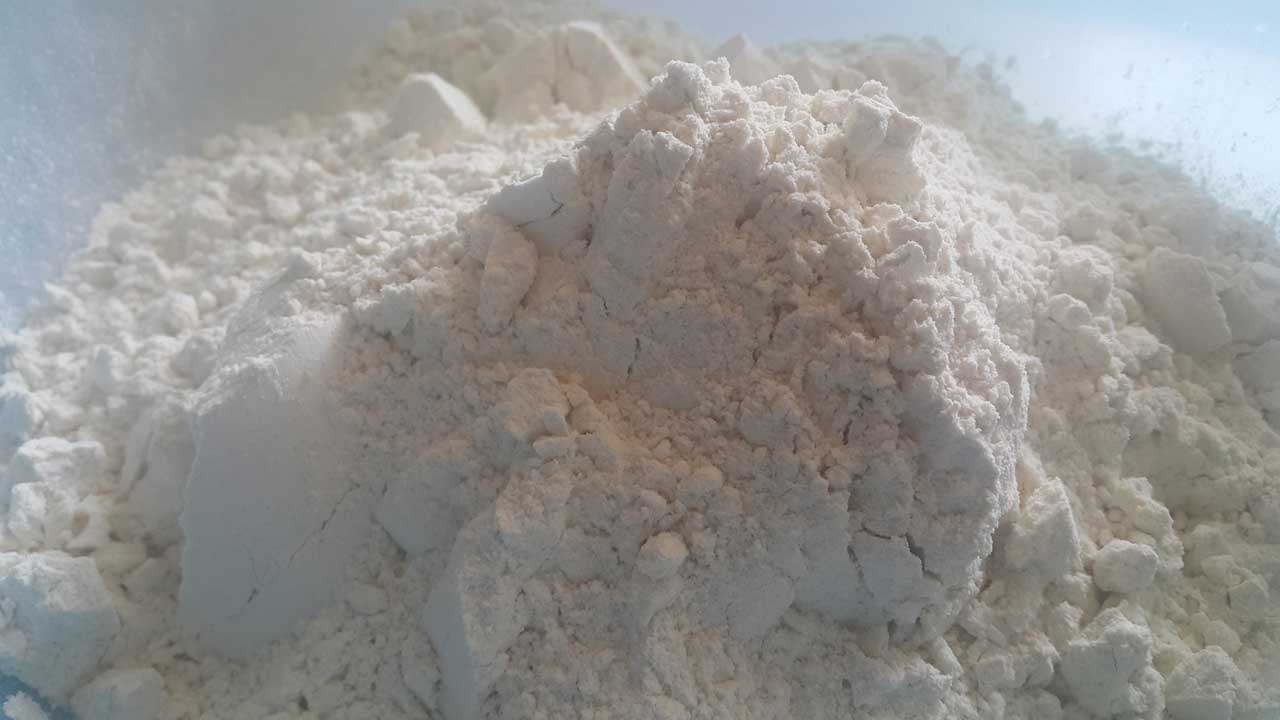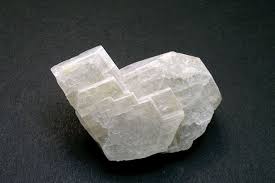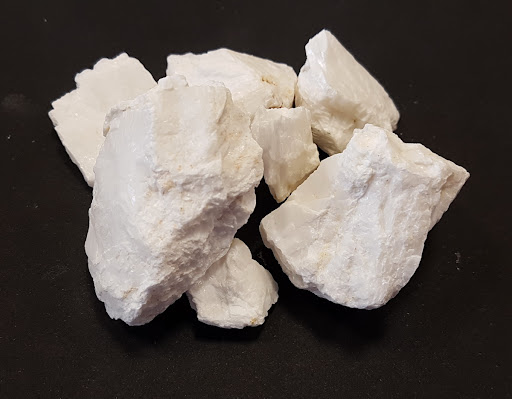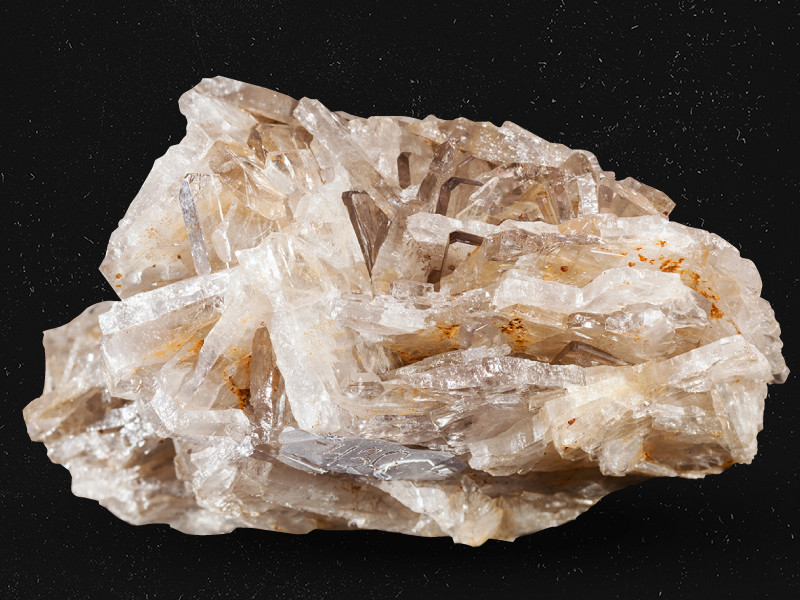Barite
Bulk Barite Purchase
Did you know why purchasing barite from Iran has become a top choice for international buyers? This valuable mineral, extracted from the mines of Kerman and Yazd, plays a crucial role in offshore oil drilling in the Persian Gulf, gas fields in Qatar, and drilling projects in Turkey. With 20 years of experience in supplying both domestic and international markets, we ensure high-quality sourcing and reliable delivery.
What’s the Key Factor in Choosing Barite?
Is every type of barite suitable for your project?
Our 20 years of expertise at Asia Gilsonite have demonstrated that even a 5% reduction in barite purity can lower drilling fluid efficiency by up to 20%. That’s why Asia Gilsonite’s barite stands out:
- Over 92% purity, fully compliant with API 13A standards
- Precisely graded to match well depth and regional soil conditions

Applications of Barite in Drilling Industries
Here are some key applications of barite in drilling:
- Increases the density of drilling fluids, effectively preventing blowouts.
- Reduces drilling costs by enhancing overall operational efficiency.
- Resists high temperature and pressure conditions in deep wells, ensuring reliability and durability.
To receive a barite price, contact our experts via the contact form or WhatsApp.
In which industries is barite used?
Barite is utilized in a variety of industries beyond drilling, including some you might not expect.
Oil and gas drilling industry
Medical industry (radiology)
Paint and resin production
Chemical industries
Types of Barite
Barite is available in various forms and colors, each offering distinct properties tailored to different industrial applications. Below are the most common types:
Barite Powder
Finely ground barite (typically between 200 and 400 mesh) known for its low solubility and high density, making it an essential component in drilling fluids.
Red Barite
This type of barite contains iron oxide, giving it a range of colors from pink to deep red.
Barite Ore
Barite ore appears in various forms, including crystalline, black, white, and drilling-grade, each with its own specific characteristics.
Black Barite
Enriched with organic matter or carbon, it results in the characteristic dark color.
Drilling barite powder is used as a heavy-weighting agent in drilling mud, a key component in oil and gas well operations to stabilize pressure and enhance drilling performance.
What is Drilling Barite?
Crystalline Barite
Crystalline white barite, with a purity of over 98% barium sulfate (BaSO₄), is extensively utilized in high-tech industries such as optical glass manufacturing, radiology, and even within nuclear reactors for its unique properties.
Why Choose Iranian Barite? Key Factors to Consider
It may surprise you to know that more than 70% of bulk barite buyers in the Middle East prefer Iranian products after comparing them with Chinese and Indian alternatives. Why? Because at Asia Gilsonite, we know that a single misstep in selecting the right barite supplier can lead to a dramatic 30% increase in drilling costs.
Barite Price Inquiry
For competitive barite prices based on market fluctuations, delivery conditions, and location, reach out to our sales experts. With extensive experience in global exports to over 20 countries, Asia Gilsonite ensures reliable service and the best bulk barite rates.

Did You Know?
Did you know that the color of barite can influence its performance? For example, red barite, due to its iron content, has lower resistance in acidic environments. If you’re unsure about which type to choose, our experts at Asia Gilsonite are ready to assist you. With a full range of barite types available, Asia Gilsonite is your trusted partner in advancing industries.

Asia Gilsonite: Your Trusted Barite Supplier for Various Industries
Looking for a reliable, long-term supplier? Asia Gilsonite offers:
- Direct barite supply from Iran’s mines to your project site—no intermediaries.
- Internationally recognized quality certifications with every shipment.
- 24/7 technical support, ensuring precise particle sizing to meet your drilling specifications.
Steps for Ordering Barite
For a seamless purchasing experience, feel free to contact our experts:
• Inquire about pricing via our contact form or phone.
• Confirm the terms and finalize the agreement.
• Receive prompt delivery based on your destination (sea/land transport).

Product Tracking System in Shipping
Track your shipment with confidence using our precise labeling system at Asia Gilsonite, ensuring timely and accurate delivery.
Packaging and Delivery
We offer tailored packaging and shipping solutions to meet your specific requirements, ensuring safe and prompt delivery with flexible options, including:
- Truck delivery
- One-ton Jumbo bags
- 25 kg silicone bags
- Shrink-wrapped packages
- Wooden pallets for organized handling of bags and jumbo bags
- Custom options available upon request

